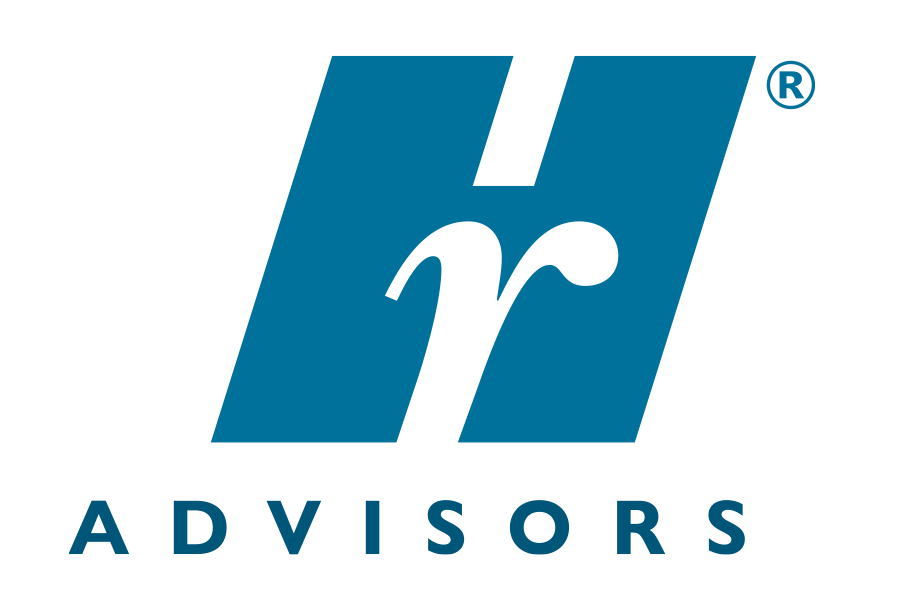Employer Guide to New Workplace Laws Starting July 1st
As we reach the middle of the year, many new workplace laws have gone into effect starting July 1st. Here’s a simple guide to some of the new federal, state, and local laws you need to follow.
Federal Laws
Starting July 1, the salary threshold for “white-collar” exemptions will be $43,888 (and nearly $59,000 at the start of 2025).
Federal contractors and subcontractors must certify that their affirmative action plans meet federal requirements by July 1.
State Laws
California:
California’s healthcare minimum wage hike has been delayed until October 15, 2024 (if the state's income from July 1 to Sept. 20 is at least 3% higher than originally budgeted), or January 1, 2025 (if neither the above has occurred or the California Dept. of Health Care Services has retrieved data necessary for Medi-Cal increases). due to a new state budget agreement. When it does go into effect, healthcare facilities must pay workers at least $21 per hour, and up to $23 per hour for certain clinics and large healthcare systems.
Many local cities and counties in California increased their minimum wage rates for all workers starting July 1. See our previous newsletter on this from 06/26/2024, or give us a call.
Most non-healthcare employers must create a Workplace Violence Prevention Program (WVPP) by July 1. See our previous newsletter on this from 06/06/2024, or give us a call.
Florida:
Starting July 1, Florida employers will follow state and federal rules instead of local workplace rules for heat safety protocols and “predictive scheduling.”
Employers will also have more flexibility when working with teens aged 16 and older.
Texas:
Businesses in Texas must follow new consumer data privacy and security rules by July 1, including updating website privacy notices and conducting data protection assessments.
Nevada:
Nevada’s minimum wage will increase to $12.00 per hour starting July 1, and there will no longer be an option to pay $1.00 less per hour with qualifying health benefits.
Washington:
Starting July 1, 2024, HB 1762 sets rules for warehouse production quotas, including communication standards and limits on actions against employees. It mandates keeping work speed data records and ensuring quotas allow for breaks.
Connecticut:
Starting July 1, employers will no longer need to provide up to two hours of unpaid time off for voting on election days.
Local Laws
New York City: By July 1, NYC employers must give employees a copy of a “workers’ Bill of Rights” and provide it to new hires on their first day of work. This document outlines the rights and protections of employees, job applicants, and independent contractors under federal, state, and local laws.
Chicago: Effective July 1, a new Chicago law will require covered employers to provide eligible employees with a certain amount of paid sick leave and paid leave for any reason. Most Chicago employees are now eligible to accrue up to 40 hours of paid leave and 40 hours of paid sick leave in a 12-month period.
Stay informed about these new laws that took effect on July 1st, and reach out to us with any questions to ensure your business remains compliant.



